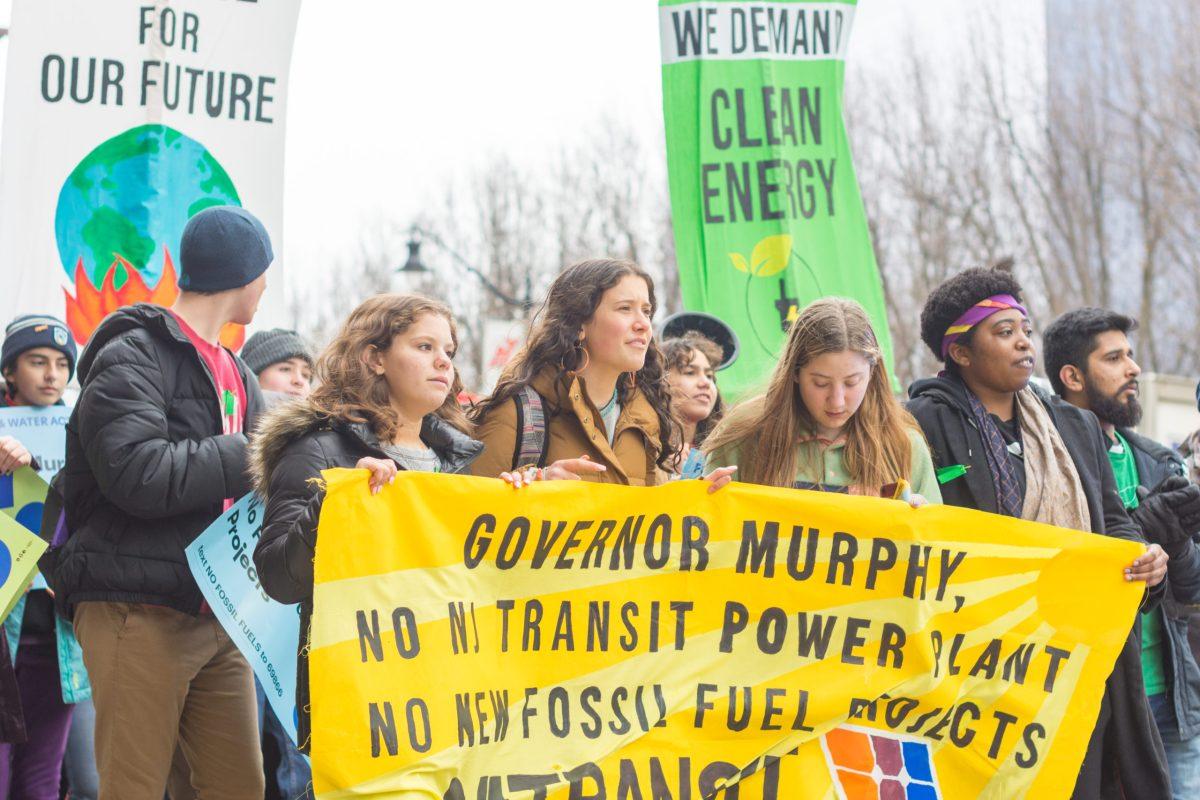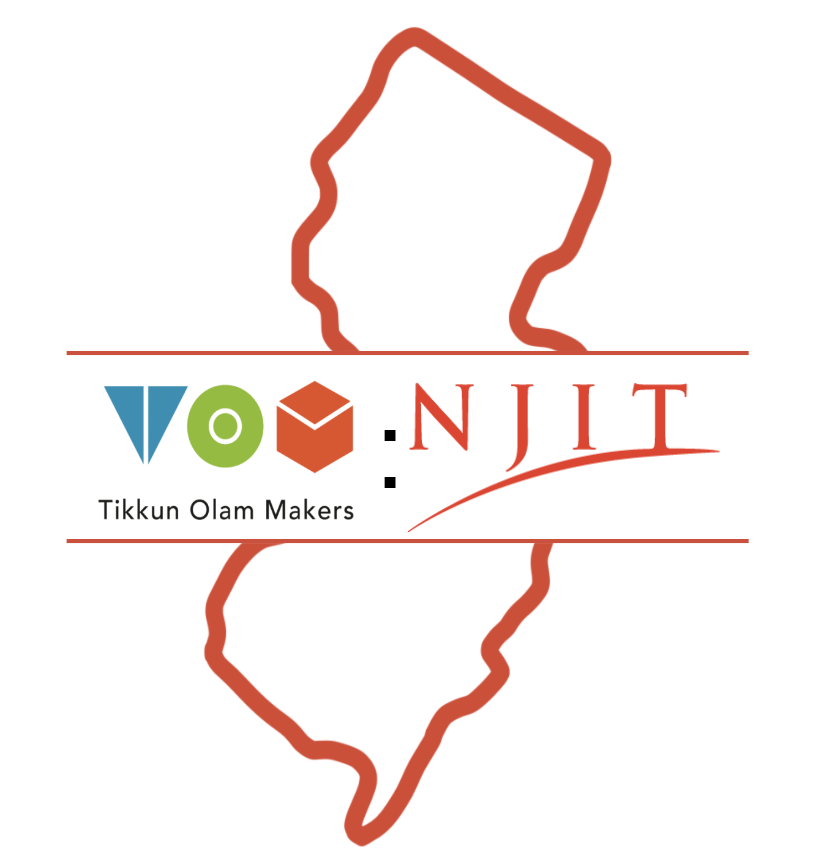Maurie J. Cohen, Professor of Sustainability Studies and Director of the Program in Science, Technology and Society at the New Jersey Institute of Technology, recently released a new book titled “Sustainability.” Published Jan. 7, 2021 in North America, this book is part of “Short Introductions,” a British series consisting of various introductory primers with topics ranging from “Health and Illness” to “Media Industry Studies.”
Previously, Cohen had published several other books surrounding sustainability and environmental topics. What makes “Sustainability” stand out from Cohen’s past books is its broader outlook and generalized audience.
“Whereas other books have been primarily aimed towards a community of specialists, (though, one always likes to think that specialist writings will find a much wider circle of readership), this book was an opportunity to sort of take the teaching materials that I’ve been assembling and refining over the past 15 or so years, and put them into a form that might have a wider reach beyond just [the] NJIT classroom,” said Cohen, who teaches an undergraduate course, “Sustainability Policy and Practice,” in addition to his supervising of senior project and seminar and independent studies.
For years he did not use a textbook, unsatisfied with the currently available alternatives, and opted instead to post readings to Canvas. “So what is maybe a bit unique about this book is that I was one of the first people in North America, and to some extent the world, to teach a course focused on the challenges of global and local sustainability that didn’t take a decidedly scientific- or engineering-focused approach. This book is much more directly anchored in the social sciences, seeing sustainability not just as a challenge of renewable energy and electric cars, but as a challenge of how we adapt ourselves to a world of resource constraints.
“It’s an effort to try to make this extremely difficult and hard-to-get-your-hands-around topic accessible to students in a variety of different fields, and particularly, maybe also to students who don’t necessarily see themselves as being environmentalists in the customary social movement sense,” said Cohen. “But I’m finding that with each passing year, there does seem to be a larger and larger clientele of students. Maybe it has to do with climate change, maybe it has to do with just people growing generally pessimistic about the future.”
“Sustainability” was positively received by the professional sustainability community. Acquiring excellent feedback across the board gave Cohen the confidence that perhaps “this wasn’t such a wacky idea to try to write a book that appeals to students across virtually every academic discipline, from philosophy to nuclear engineering,” which isn’t something that is ordinarily done in this discipline.
“Sustainability’s original impulse―to transform how we live together on this planet―has splintered into a zoo of small-bore activities. Maurie Cohen masterfully organizes this menagerie of interpretations and approaches into an overarching framework that recovers the radical meaning of the challenge,” reviewed Paul Raskin, President of the Tellus Institute, an American environmental non-profit research organization.
“This book offers a very accessible introduction to science, policy and practice associated with the broad and complex topic of sustainability. It delineates many central concepts and lines of development with references to relevant events and actors. A particular strength of the book is that it critically questions the reliability of some well-established assumptions and concepts for fostering a sustainability transition. Accordingly, the book will be very useful as an introduction to sustainability for interdisciplinary audiences,” commented Dr. Doris Fuchs, Professor of International Relations and Sustainable Development at the University of Münster.
However, writing this book was not without challenges. Cohen recalled, “I was getting ready to deliver the manuscript to the publisher, just as COVID-19 was rearing its head, and I had a panic attack because I finished the manuscript in maybe February or March, and I knew that the pandemic was not going to go away soon, and that the book was ultimately not going to be published until the end of last year. Knowing that that was the timeline, I said, ‘Oh, my gosh, this book’s gonna be hopelessly out of date before it even hits the bookshelves or hits the Amazon warehouse or whatever!’ The publisher agreed I couldn’t go back and sort of weave a COVID-19 narrative into the whole book; that would have been too complex. But I did add on a chapter at the end, a short chapter, trying to speculate what the implications of the pandemic were going to be with respect to some of the things discussed in the book.”
Three main takeaways that Cohen hopes readers will understand from his book are: to realize that “there are fulfilling careers that one can pursue in the area of sustainability,” to think of sustainability as something “you’d want to talk to your friends and family about, as a means of spreading the narrative,” and to encourage people to foster a sense of global solidarity and mutual connection.
“We’re all part of a global supply chains and supply systems,” said Cohen. “The most seriously disenfranchised and most powerless people are oftentimes the most invisible, yet our lives and livelihoods very much depend now on these folks in one way or another showing up for work every day.”




































